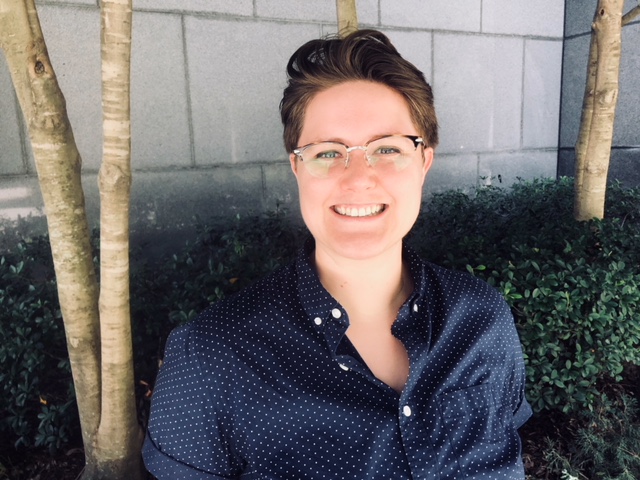Faculty Feature: Olivia Sugarman
Olivia Sugarman, PhD, MPH, an Assistant Scientist in the Department of Health Policy and Management at the Johns Hopkins Bloomberg School of Public Health. Dr. Sugarman studies how policies can promote access to high-quality health services for historically marginalized people, specifically people who use drugs.

How did you get into the field of injury prevention?
OS: My corner of the injury prevention world is overdose prevention and drug use-related health outcomes. Early in my public health career, my focus was on HIV prevention and treatment in formerly incarcerated people. As I dug deeper, it became clear that substance use and overdose prevention were deeply intertwined with infectious disease and incarceration. I’ve been working on overdose prevention and health services for people who use drugs ever since.
Tell us about an active project that you are currently working on.
OS: One of my active projects, which is funded by the Center, is called KUDZU – Knowledge, Understanding, and Dialogue about Xylazine Use. Xylazine is a veterinary sedative in the drug supply that is associated with soft tissue wounds. Because it’s a veterinary drug and has no approved clinical use in humans, providers have had a difficult time treating xylazine-related health needs because there’s no clinical precedent, and in some cases, people who use drugs containing xylazine have had a hard time getting access to services, if at all. For that reason, this study focuses on how people who use drugs and providers learn about new changes in the drug supply, how providers and patients share that information with each other, with their peers, and how they prefer to receive new information about changes in the drug supply. We’re starting data collection soon; it’s exciting!
What do you like to do in your free time?
OS: What’s that?? All jokes aside, I spend a lot of time at the pool with my family during the summer. I also like to bake sourdough bread and watch WNBA games (Go Mystics!).
If you could have brunch with any celebrity, who would you meet and what would you talk about?
OS: Bill Nye the Science Guy. He’s been a staple in science education and is still relevant and influential decades later. What wouldn’t we talk about?!
What is your hidden talent?
OS: I (used to) have some athletic chops. I was on the varsity rowing team at the University of Notre Dame. If you come by my office and see a bunch of old Notre Dame memorabilia, that’s why!
What is your favorite part about being affiliated with the Injury Center?
OS: I’m going to cheat and pick two. One is the faculty – what an incredible group of researchers and people. The second is the breadth of topics the Center covers. Overdose prevention is just one piece of the injury prevention puzzle; I learn something new from colleagues and students in the Injury Center all the time.
If you were being introduced on stage, what song would you want played that best represents you, and why that song?
OS: Don’t Stop Me Now, by Queen. It doesn’t necessarily represent who I am all the time, but who I’d like to be – energized, motivated, optimistic. And who doesn’t like Queen?
What’s a fun fact about yourself that most people wouldn’t know?
OS: For people who know what Guitar Hero is – I hyperextended my left pinky playing sports, so I can press the green and orange buttons at the same time, no problem.
Can you share a childhood memory that shaped who you are today?
OS: I went to Space Camp for a week as a 5th grader. It changed my life.
What’s the best piece of advice you’ve ever received?
OS: Eat when you’re hungry, drink when you’re thirsty, sleep when you’re tired.
